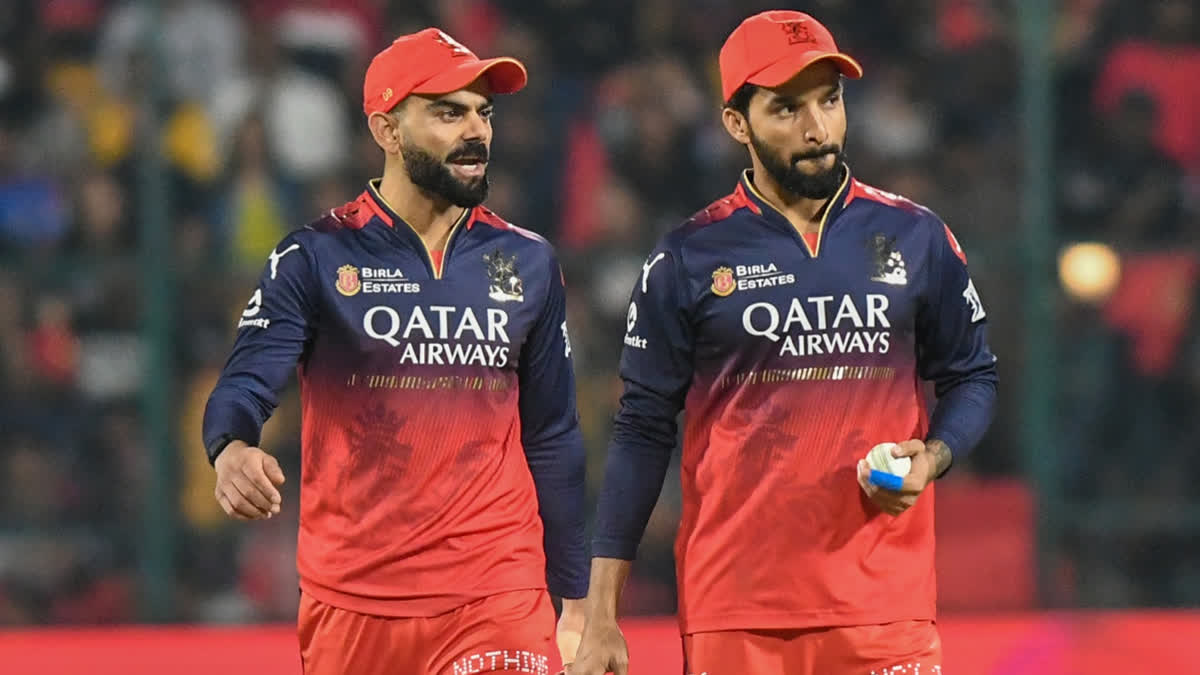No disrespect to Anderson-Tendulkar, but renaming the Pataudi Trophy isn’t quite cricket

In 2007, ahead of the 75th anniversary of India’s entry into Test cricket (their first game was against England at Lord’s in June 1932), the Pataudi Trophy was instituted as the coveted prize for the winner of the series between the two teams on English soil. The Anthony S De Mello Trophy, named after one of the two founding fathers of the Board of Control for Cricket in India, was the corresponding silverware for victors of Indo-England showdowns in India. England-India Test series is set to be named Anderson-Tendulkar TrophyThe naming of the trophy after the Pataudi father-son duo – Iftikhar Ali Khan played for both England and India, while ‘Tiger’ Mansur remains India’s youngest Test captain – was welcomed as thoughtful, sensitive, laudatory. There was more than mere tokenism to the nomenclature. The senior Pataudi symbolised the shared cricketing legacy between India and the country that ruled them for long. He stood up for what he believed in, and was therefore dropped after the second Test of the infamous Bodyline series of 1932-33 in Australia when he refused to field on the leg-side, in defiance of captain Douglas Jardine.Iftikhar Ali Khan, who made a century on debut in Sydney in December 1932, played three Tests for England and three for India (all as captain) against England in a Test career that spanned nearly 14 years. His son, educated in England, was one of India’s finest batters and one of the greatest fielders of his – old-times insist ‘any’ – era. But his legacy extended far beyond that. Taking over the reins in the Caribbean in 1962 when only 21 after designated skipper Nari Contractor received a sickening blow to his head from Charlie Griffith in a tour match, Tiger instilled a sense of ‘Indianness’ within the side, exploding regional barriers and divides on the basis of geography and language to forge a fighting fit unit that was proud of its collective roots.Fusing the charisma of royalty with an innate sense of oneness and empathy, Tiger is hailed as the prince with the heart of a commoner. Between them, father and son had done yeomen service to the cricket world at large, not just Indian cricket, and it was befitting therefore that the Pataudi Trophy, a small way of recognising their contribution to the sport, came into being.Now, the Pataudi Trophy is being consigned to history. Starting in two weeks’ time, England and India will do battle in the former’s backyard for the Anderson-Tendulkar Trophy, named after inarguably the greatest batter (Sachin Tendulkar) of his generation and unquestionably the most prolific fast bowler (James Anderson) in the five-day game. Both are icons, trend-setters, trail-blazers, relentless in their pursuit of excellence and shining examples of how to play the game in the spirit in which it is intended to be. There is no questioning whether they are worthy of this honour. Both are living legends and deserve to be celebrated. But at the expense of the Pataudis? Why?Appealing to a younger generation or erasing the past?One of the reasons proffered for the change is that naming the series after contemporary greats will make the rivalry more relatable to the younger generation. Should we presume that two decades hence, we will move on from Anderson-Tendulkar to players of a more recent vintage? Is this how we honour legends who have carved a path where none existed, so that newer fans with recency bias are allowed to forget history, forget the giants who have made the sport what it is? That such a move has emanated from England, with its avowed respect for and faith in history and tradition, is particularly disturbing though it is perhaps in keeping with the recent trend – after all, it is England that has given us T20 cricket, it is also in England where The Hundred, a 100-ball-a-side concept, has taken deep root.It is incumbent upon the custodians of the game, the administrators, even modern players, to ensure that new, young fans are educated about the history of the sport, any sport. To assume that today’s followers have no interest in knowing about the past is dangerous and short-sighted, with the potential to eventually relegate the glorious past to deep recesses and invest only in the present.The name change has understandably attracted censure from several quarters. The graceful Sharmila Tagore, the late Tiger’s wife, called it ‘insensitive’ while Sunil Gavaskar was less guarded in his criticism. “It shows a total lack of sensitivity to the contribution made by the Pataudis to cricket in both England and India,” the batting legend wrote in his column in Sportstar. “Here’s hoping that if an Indian player has been approached, he’ll have the good sense to decline politely.” One’s not sure what Tendulkar has made of this.












